Through the Eyes of a Field Intern (Part One)
By Shion Newsom, 2024 Field Intern
Seeing the sun set over the Florida horizon, I find myself reminiscing about the sunsets I experienced in Montana and reflecting on my unforgettable summer internship with Elevation Science Institute. This opportunity was more than just a professional steppingstone; it was an experience that allowed me to grow both personally and professionally while exploring the breathtaking beauty of Montana.
Upon first arriving in Montana and settling into my little cabin, the first order of business was preparation for the field. This step was crucial, as the desert terrain, weather, and wildlife of Montana posed unique and unpredictable challenges. The checklist included essential tools like screwdrivers, trowels, rock hammers, along with supplies such as field glue, burlap, plaster, safety gear, and, of course, plenty of water. Once the field season began, I had the chance to familiarize myself with the dig sites, each with its own set of qualities and obstacles. Most of my time was spent at the Skywalker site and the Mother’s Day Site, where I learned to label/record fossils, grid, and problem solve. Sometimes fossils would overlay each other, creating complications to excavation, so it takes a creative mind to solve these ancient jigsaw puzzles. This is why marking and mapping the dig site is important to ensuring fossils can be located and identified in context for preparators back in the lab.
One of the most fun experiences was fossil jacketing. It involved making sure to create the right ratio and working together like a well-oiled machine to mix, dip, and apply burlap ensuring that each fossil was safely encased and ready for transport. Another essential skill I gained was quarry management; overseeing and organizing the excavation sites, ensuring areas were safe and well-maintained. I learned how to manage workflow in a busy quarry, keeping track of where people were digging, what had been found, and providing guidance on the best methods to excavate fossils. While this wasn’t my first field experience, having the chance to take on these leadership roles and managing these processes myself was incredibly rewarding. I’m deeply grateful to have been given the opportunity to learn these invaluable skills.
Fieldwork can’t succeed without teamwork and good communication. I was fortunate to work alongside a passionate and talented group of individuals from diverse backgrounds. I particularly enjoyed team bonding experiences through long porch conversations and game nights (Wahoo!). Each week, I learned something new about the people around me, forming many branching connections and friendships. It was always exciting to hear how everyone got into paleontology or why they enjoy fieldwork. This made me feel more comfortable and included.
Having the opportunity to create and present a talk on Florida’s fossils and my ongoing research was exciting. Presenting my research allowed me to share a piece of my academic journey with an interested audience, while also improving my public speaking and presentation skills. It was fulfilling to see how people responded to my talk, asking thoughtful questions and offering valuable insights. Knowing that my presentation sparked curiosity and inspired learning was a reminder of why outreach is so important to the scientific community. This is why I am also glad to have gotten the experience to share paleontological practices with people of all age groups at the Red Lodge Carnegie Library and the Yellowstone Wildlife Sanctuary.
Beyond the fieldwork and outreach events, one of the greatest gifts of my internship was the chance to experience Montana’s beauty from the vast, open skies to the rugged, wild landscapes. Whether we were prospecting or simply enjoying the sunsets after a long day in the field, every moment felt like a dream.
As I wrap up this post, I find that the hardest lesson I learned was saying goodbye. But I know this isn’t the end, and our paths will cross again. I’m filled with gratitude for the lessons I’ve learned, the friendships I’ve made, and the skills I’ve gained. Whether it was gridding, quarry management, fossil jacketing, outreach, or presenting my research, each skill has deepened my passion for paleontology and my desire to contribute to scientific discovery. As I continue my academic and professional journey, I know the lessons I’ve learned in Montana will guide me toward greater understanding, collaboration, and exploration.
Thank you, Elevation Science Institute, for an unforgettable summer filled with growth, knowledge, and adventure. And thank you to the David B. Jones Foundation as well as the Bureau of Land Management for making this opportunity possible. I can’t wait to see where my newfound skills and connections will take me next!


